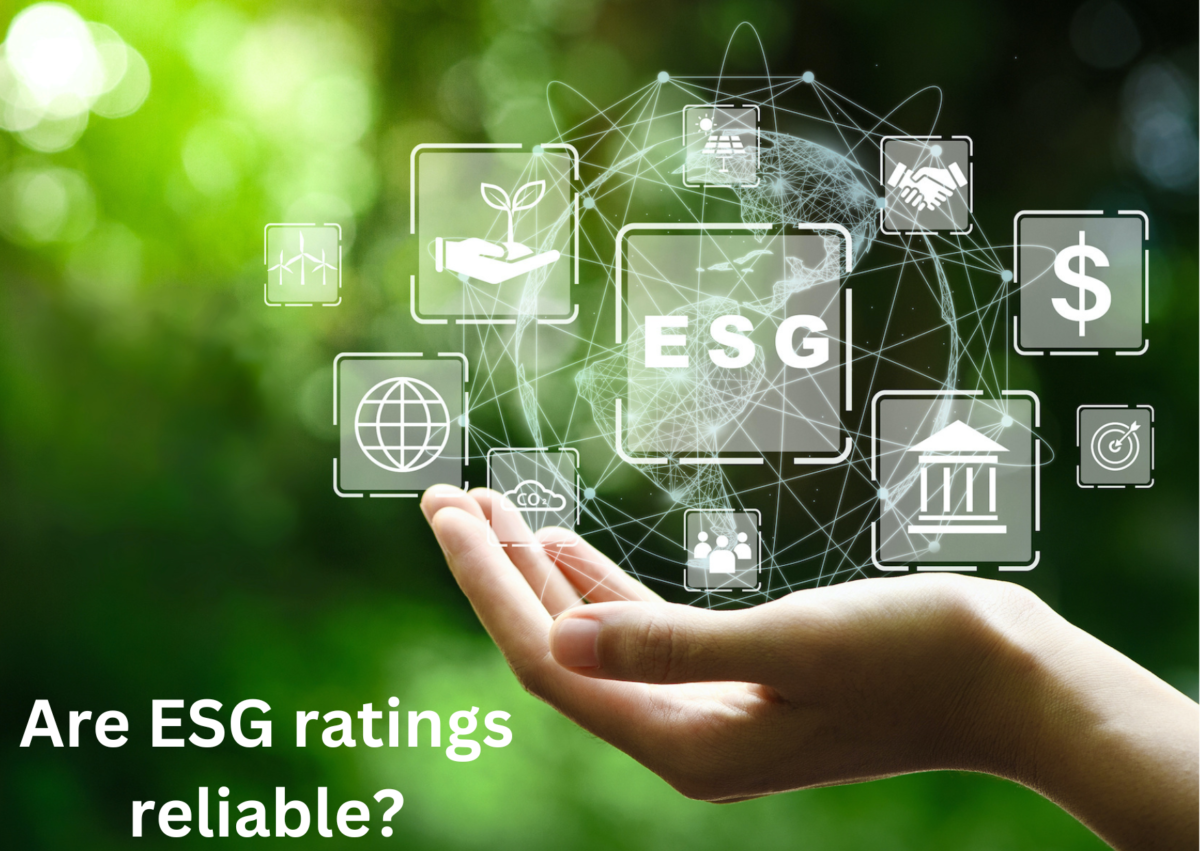The growth of the impact investment sector, especially over the past few years has led to an unanticipated increase in ESG ratings and data providers, and this has resulted in added confusion in the market. Investors today are not able to accurately assess the ESG performance of companies and pinpoint material risk because of the lack of standardized ratings and data, and this is hindering the growth of the impact investment market.
According to Greg Medacraft, OECD director for financial and enterprise affairs, the market capitalisation of companies with ESG scores represents 78% of the global market capitalisation, indicating that investors extensively rely on ESG scores for rating large companies. Further, even though there is a wealth of ESG data available, the different methods, metrics, weightings and subjective judgements in ESG ratings make it difficult for investors to rely on that information to make investment decisions. In September 2022, even the FCA issued a document sounding alarm over ESG benchmarks, having concerns that some benchmark administrators have not accurately described the economic reality of their benchmark measures.
Many impact investors in the recent past have turned to passive sustainable funds, rather than investing in active funds. These investors in passive sustainable funds risk an imperfect match between what they expect and the reality of what they receive, because passive ESG strategies inherently rely upon ESG ratings, which vary depending on the rating provider. This is quite simply put, unlikely to achieve the returns expected, which is why an active investment approach may turn out to be more impactful for investors. According to Schroder’s, “any fund manager making a decision without first assessing the costs or benefits each company has for the environment and society is, to put it bluntly, flying blind”.
The active investment approach requires an inherent interest in the companies that are being invested in, and this extensive insight and knowledge of companies and industries will help investors make decisions that are suitable to their portfolios and investment strategies. Investors would ideally have to understand the ratings, the metrics used, and why the ratings are how they are, what they capture, and would also have to develop an interest in the company they have an eye on itself, so that they can accurately understand what makes the company valuable to their portfolio, which will in turn help them make a more balanced decision that is based on their needs in itself. With the constant advancement, growth, and improvement of this sector, and with the FCA currently consulting on a criteria to classify and label investment products for firms involved in investment management and decision making processes, the importance of an active approach to sustainable investment will only become increasingly obvious over the long term.
